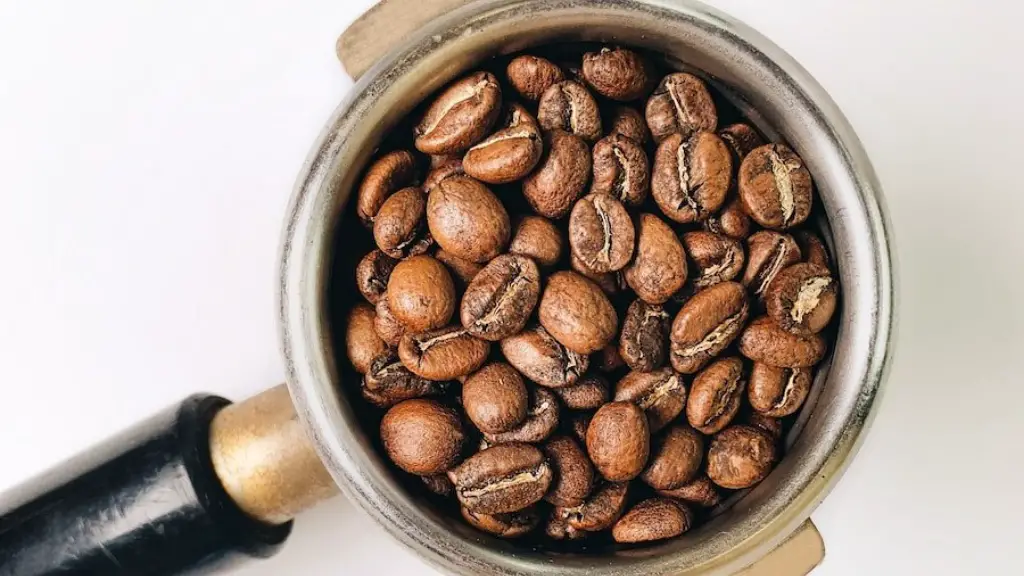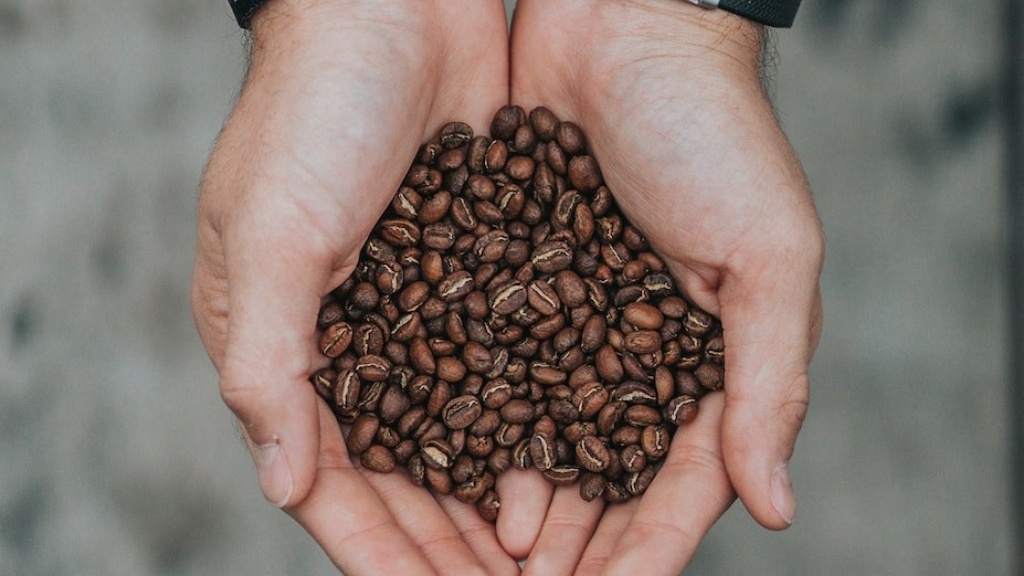Coffee is one of the most popular drinks in the world, and many people enjoy it daily. But can you drink coffee with kidney problems? While it depends on the individual, there is some evidence that coffee can be problematic for those with existing kidney issues.
According to the National Kidney Foundation, up to 10 percent of the adult population in the United States could have chronic kidney disease. This means that for many, the question of coffee intake becomes an important one.
Most of the evidence that suggests that drinking coffee with kidney problems is not recommended comes from animal studies. Studies of rats showed that caffeine intake placed them at an increased risk of a range of kidney issues, including glomerular damage, tubule cell damage, and tubule obstruction.
However, the evidence from human studies is more limited and mixed. One 2015 study suggested that drinking coffee as part of a moderate intake of caffeine may provide some protections against pain and inflammation related to chronic kidney disease, but more research is needed in this area.
The American Kidney Fund indicate that while coffee may provide some potential benefits, those with existing kidney issues should still try to avoid it. They recommend reducing or completely eliminating coffee consumption for those with kidney disease, due to the potential for side effects when combining coffee with certain medications.
The general recommendation for those with kidney problems is to limit their intake of all forms of caffeine, including coffee, tea, and energy drinks. People who take medications should check with their doctor to make sure that it is safe to consume caffeine, as caffeine can interfere with the effectiveness of certain drugs.
Nutritional Information
Coffee contains a range of beneficial nutrients. A single cup of standard brewed coffee contains almost no calories, and it provides some potassium, magnesium, and B vitamins.
However, it is important to bear in mind that these nutrients are usually removed when filtering the beans. The average cup of black coffee contains only 2–5 kcal and 2–4 mg of potassium. It can also be high in sodium, depending on the brewing technique and the type of beans used.
In addition, many types of ready-made coffee drinks also contain different ingredients, such as creamers, syrups, or extra added sugars and cream, which can add calories, saturated fat, and sodium to the beverage.
Coffee Alternatives
For those looking for an alternative to coffee, several options exist. Decaffeinated coffee is available with relatively little caffeine, as are a range of other compounds, such as roasted barley, chicory, and dandelion root.
Moreover, herbal teas and other natural beverages, such as chamomile and raspberry leaf tea, are caffeine-free and provide additional nutrients. Some of these drinks may be able to provide similar benefits to coffee, such as helping to boost energy levels and improve mental clarity.
However, it is important to speak to a doctor before any major dietary changes. Meanwhile, people may try to limit their intake of all forms of caffeine until they have a better understanding of how it affects their condition.
Caffeine Intoxication
Apart from the risk of aggravating existing kidney problems, there is also a risk of caffeine intoxication. This occurs when people consume more than 500–600 mg of caffeine, which is equivalent to about 5-7 cups of coffee, depending on the strength of the brew.
The symptoms of overconsumption depend on the individual, but they can include restlessness, insomnia, stomach upset, headaches, and rapid heartbeat. Caffeine intoxication can also lead to anxiety and agitation.
It is worth noting that some people are more sensitive to caffeine than others and may experience intoxication with lower doses. People should regularly monitor their feelings and listen to their body when it comes to caffeine.
Sleep Quality
The National Sleep Foundation suggest that those struggling to sleep should try not to consume caffeine within 6 hours of going to bed. This is especially important for those with existing kidney problems. Poor sleep quality can make it more difficult for the body to heal and can worsen the effects of chronic kidney disease.
Consuming caffeine during the afternoon can also disrupt sleep. Many people may find that their quality of sleep improves by limiting their caffeine intake during the day or avoiding it altogether.
Furthermore, people should note that caffeine can stay in the body for a long time. For example, the half-life of caffeine is about 5-7 hours, meaning it takes about 5-7 hours for the body to remove half of the caffeine from the bloodstream.
Potential Risks
While the evidence remains somewhat inconclusive, there is some suggestion that drinking coffee with existing kidney problems may not be a good idea.
In addition, drinking more than 4 cups of coffee per day could be dangerous for some people and may lead to caffeine intoxication. The only way to be sure that coffee intake is safe is to speak to a doctor and undergo regular kidney tests.
Those with existing kidney disease should also consider reducing the number of other caffeine-containing beverages that they consume and paying attention to the caffeine levels of the food and drinks that they consume. For people with kidney problems, limiting or avoiding caffeine may be a sensible option.
Importance Of Nutritional Balance
Apart from limiting their caffeine intake, it is essential that people with kidney problems keep their diet as balanced as possible. This means focusing on plant-based foods, such as vegetables, fruits, and whole grains, as well as including lean proteins, healthy fats, and good carbohydrates.
Eating a balanced diet can help people to meet their nutritional needs, support their kidneys, and reduce their risk of adverse effects. It is also essential for people with kidney problems to drink enough water and stay hydrated.
Exercising regularly and not smoking can also be beneficial for kidney health. People should discuss the best ways to look after their health with their doctor.
Limiting Coffee Intake
In summary, it is likely wise for people with existing kidney problems to limit their intake of coffee as much as possible.
This is because coffee can interfere with certain medications, and because some studies suggest that it can potentially increase the risk of kidney issues.
If limiting coffee intake is not possible, people should make sure to monitor their caffeine levels and should speak to a doctor before any major dietary changes.
Eating a balanced diet, exercising regularly, staying hydrated, and reducing the intake of other caffeine-containing beverages can also all help to support kidney health.





